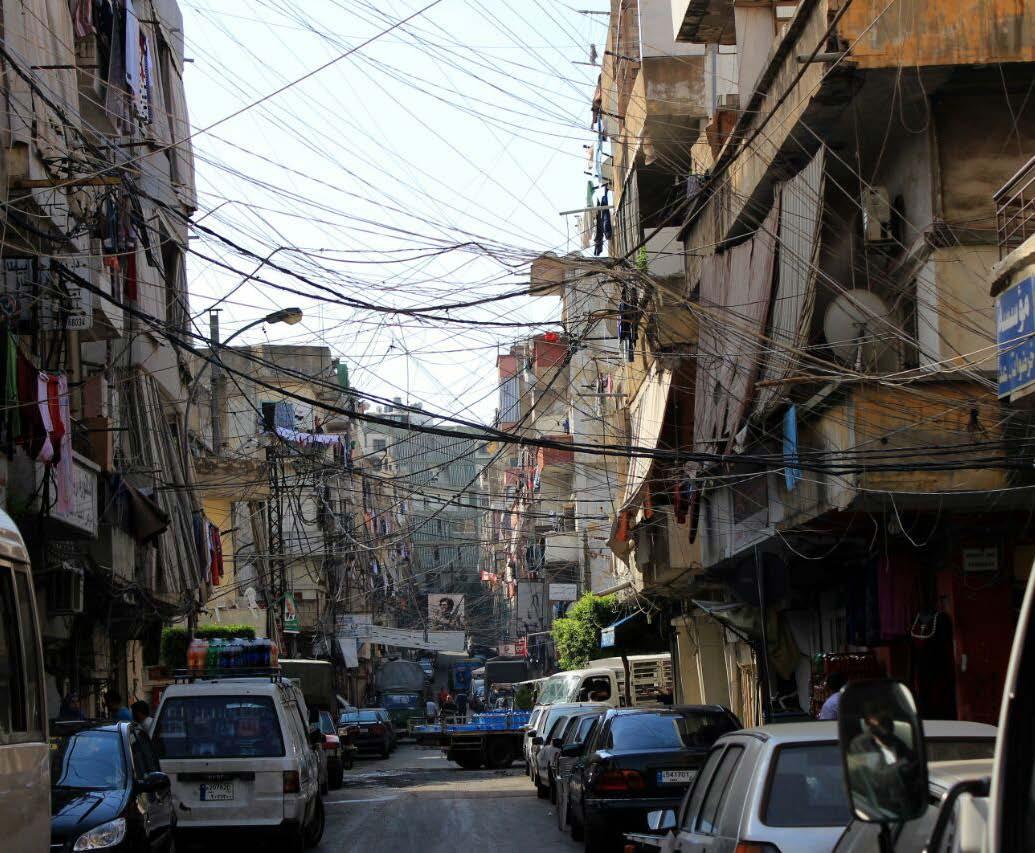
4 minute read
Urban crises response approaches
a range of actors that often have different and / or conflicting interests, and a more heterogenous, fluid, and anonymous population compared to rural areas and an aggregated national level. A lack of reliable and granular data of conditions makes it more difficult to assess options and respond where needs are the greatest. Moreover, strong national interests in energy adds a political dimension to the work, both in countries where national laws and regulations are in place and in countries lacking in such. In urban areas particularly, the degree to which decentralised governments can regulate, control, and are able to provide energy, is a key factor for energy access at the local level.
Given the above, multi-scale, cross-sectorial, and context-specific approaches are needed to address issues linked to unreliable, inadequate, and inequitable access to energy in urban areas. To move towards sustainable models for clean energy provision in urban settings and at scale, using and strengthening existing market structures and value chains is key. This requires market entry and scaling-up of activities by public and private sector actors in a way that includes poor and vulnerable segments of the population.
Advertisement
Urban crises response approaches
With the increased number and scale of urban crises, new approaches, response tools, and ways of working are being developed and tested. For example, areabased approaches have been adopted as holistic and cross-sectoral ways of working within existing urban systems and with local governments. These approaches are complementing international policy initiatives such as the Global Compact on Refugees and the New Way of Working in support of comprehensive and effective humanitarian assistance.
While area-based approaches often focus on a subcity or neighbourhood levels, the Urban Recovery Framework (URF)-model has emerged as a tested methodology that considers policy, regulations, and interventions across multi-level governance and urban systems. The approach has been developed by UNHabitat and partners within country level programmes in the Middle East. The URF is responding to the needs of various population groups from local and city to national levels. These urban response approaches were conceived to fill a significant gap in the international system’s ability to support countries and cities affected by urban crises. Most crises response approaches are organized along sectoral lines, without recognizing their interdependence in urban areas, and thus less flexible in application to account for local dynamics. Economic, social, cultural, environmental, and political dimensions manifest differently across cities and scales of human settlements, and recovery programmes thus require a locally tailored approach. The URF process incorporates city- and community-level approaches as well as national political, legal, and regulatory environments. This to identify and strengthen linkages, connections, and synergies in response across areas and systems. Furthermore, response approaches, such
Increasing: • actors • population • density • markets • grids • value of land • energy usage Political & regulatory environment
Systems and value-chains
Needs and vulnerabilities
Varying degree of access to: • services • infrastructure • adequate housing, • jobs
National
City
Neighbourhood/ household
as the URF, accommodates a need for both immediate response and longer-term adaptive and transformative measures in cities.
Emerging urban response approaches represent an opportunity to highlight energy access as a key condition to address a range of needs and composite challenges in urban crises situations. Historically, energy has not been part of the core areas of humanitarian response or been integrated into the humanitarian cluster system. This is reflected in the slow turn-around to address energy solutions as part of immediate response interventions (beyond e.g., fuel supplies). In recent years however, energy as both a cause and consequence of conflict is increasingly recognised, as is energy access as a trigger or multiplier for food security, adequate housing, water, sanitation, health, education, and protection. Approaches such as the URF provide an analytical frame to understand how access to energy can help move beyond immediate response towards recovery and resilience by anchoring and streamlining energy in current response efforts.
This study has made use of the URF approach as a concept to analyse the intersection of energy access, displacement, and urban crises, as well as to place the discussion within current initiatives and response agendas. UN-Habitat has been developing tools to respond to urban recovery needs in Syria, while in Lebanon urban recovery planning has taken place in response to the 4 August 2020 explosion, in a context of compounding crises. Since fall 2020, NORCAP has supported the efforts of providing analysis for the shared understanding of needs and adopt the URF approach to the Beirut context. This is based on previous experiences providing support to area-based programming in Lebanon, as well as regional and global learning on urban response and engagement in the Global Alliance for Urban Crises.
Electricity wires across the street is not an uncommon sight in Beirut, Lebanon. Photo: Synne Bergby, 2017.





